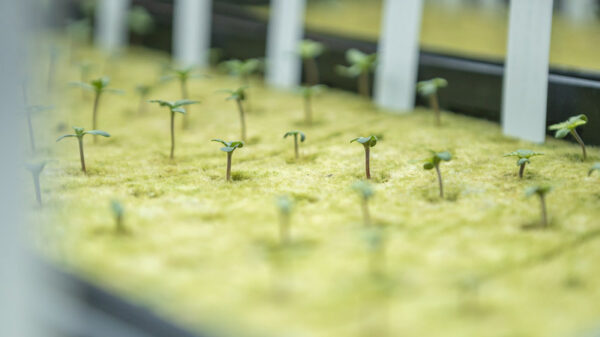The cannabis industry in Canada is expected to grow at an annual growth rate of more than 44% over the next five years. It’s estimated that the size of the market will reach US$5.2 billion by 2024, which is a big increase from the US$569 million that it was at last year. However, that’s a reduction from where research company BDS Analytics estimated that the industry would be. Previously, the company had expected Canada’s cannabis industry to hit US$5.9 billion as early as 2022.
However, given the challenges that the industry has faced with retail and the supply problems out of the gate, perhaps it shouldn’t come as a big surprise. That being said, it’s still a disappointment given that it’s expected for the industry to reach a smaller number and take a longer time to get there.
More Reliable Data Helps Improve the Forecast
BDS acknowledges that the updated forecast now has better data available to make a more accurate projection. Now that the federal government, Statistics Canada in particular, has been releasing data on cannabis sales since legalization, BDS Analytics is able to make some more accurate predictions in its model. With the black market clouding a lot of the data, it was always going to be difficult to assess just how big the market was going to be and how quickly it would grow. And as we move further ahead with more data, future forecasts will be even more accurate.
Why the Forecast Might Still Miss
The company noted the following reasons as to why 2018 was a bit of a disappointment for the industry:
– Tom Adams, Managing Director of BDS Analytics Industry Intelligence and Editor-in-Chief of Arcview Market Research
Unfortunately, the problem with limited retail locations might not be solved anytime soon. Supply shortages are a big reason that Ontario restricted licenses and until that gets sorted out it’ll continue to be a big issue for the industry. And with that expected to take years, I wouldn’t be surprised if this latest forecast gets adjusted down again.
Edibles Could Be the Key to Growth
One of the key findings in the report also noted that edibles have been one of the main drivers of growth in the U.S. and with Canada legalizing them at some point later this year, the longer it takes, the weaker the growth will likely be in Canada for this year. It’s likely that the report made similar assumptions in the Canadian market hinging on edibles and concentrates. However, it’s going to be difficult to tell just how popular edibles will be and how well they will do, especially with packaging and advertising likely to be very restrictive.
Bottom Line
While it may be disappointing to learn that the industry was effectively downgraded, it could just turn out to be a timing issue. It ‘ll take a while for the retail market to be fully up and running, but once it is, we’ll likely see a much more realistic picture of how big the market for cannabis will be in Canada.














